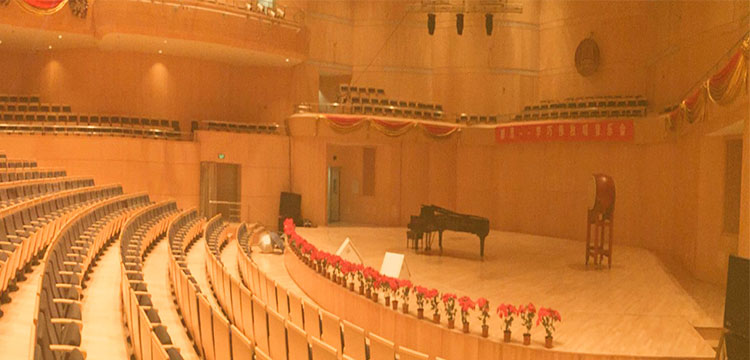①Don't put the piano against the outside wall. Better put it against the inside wall.
②Keep a distance at least 10cm against the wall for upright piano and 30cm for grand piano for a ventilated environment.
③Keep a distance from the window to avoid influence of the direct sunlight and rapid weather changes, etc.
④Keep away from the caustic gas to avoid the surface oxidization of the metal components.
⑤Avoid the rapid temperature change of the environment, do not place the piano in the ventilation of the coldness and hotness, which will cause the wood deformation, crack and paint grain.
① After using the piano, close the lid completely and protect it with proper piano cover to against the dust.
②When cleaning the piano, first use soft cotton cloth or soft fur brushes to dust out, and then give it a careful wipe with soft cloth. Sharp tools are not recommended to scratch its surface.
③Each time before playing the piano, keep your fingers clean. Clean the keyboard regularly. When wiping the key horizontally, do it longitudinally with the keys instead of transversally. For the dirty area that is difficult to remove, wipe with a soft cloth and washing liquid.
④For the copper components in the case, use a soft cloth with a little simoniz or washing liquid to wipe, so that the metal components won't become oxidized in a long time and always stay shiny.
⑤If it will not be used in a long time, the piano should be protected with piano cover, with a certain amount of desiccant and solid insect repellent such as camphor ball on the piano body.
①Major components of a piano such as the case, strung back assembly, action, keyboard and so on are made out of material like timber, felt,worsted,leather and metal, etc, which are especilly sensitive to humidity, so the piano room should keep a relative humidity of 40%-70%.
②When it is too moist or rainy, confirm that the windows and doors of the piano room are closed; after playing, close the top as well as the fallboard in time. Put some desiccant inside and change it regularly to keep the components from deforming or rusting. It is better to put the piano in a room with modest temperature.
③When it is too dry, put a basin with water in the room. With the water's spontaneous evaperation, the room will be not too dry and the components won't become deformed or alligatored caused by dry condition.
Never settle, be the best you can be


86-535-6932912

NO.5-6 Changbaishan Road, Yantai Economic and Technical Development Zone, Shandong, China

info@kingsburgpiano.com.cn;jsbg@huaxincorp.cn


